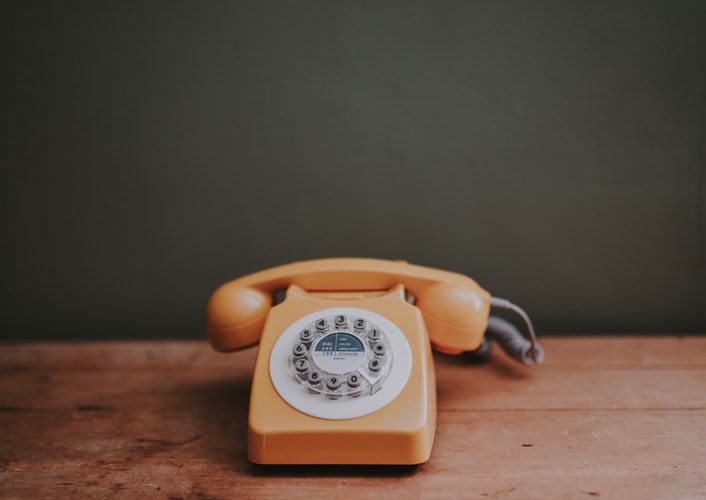Many thanks to SWLing Post contributors, Paul Evans and Eric McFadden, who share this article from Atlas Obscura where author Dan Nosowitz asks if it’s time to update the spelling (a.k.a. phonetic) alphabet:
WHEN SOMEONE ON THE PHONE—THE doctor’s office, the bank, the credit card company—asks for my name, I always offer to spell it out—it’s a pretty uncommon surname. So far as I know, there are somewhere between 10 and 20 Nosowitzes in the world, and they’re all closely related to me. Because it’s uncommon, and because it would be a problem if my bank writes my name down as “Moskowitz,” I err on the side of caution. “N as in Nancy, O, S as in Samuel, O, W, I, T as in Thomas, Z as in Zebra,” I chant.
This uses what is what’s called a “spelling alphabet,” or, confusingly, a “phonetic alphabet.” (The latter is confusing because it has little to do with phonemes, or a unit of sound in a language. Plus there’s the International Phonetic Alphabet, which is something else entirely.) The history of spelling alphabets is fascinating and winding, but it’s notable that there hasn’t been an official update to the most commonly used English version in about half a century. We might be in need of one. As mobile phones have replaced landlines, call quality has, strangely, gone down. The general connectivity of the world—including the ease of international video calls and the use of foreign call centers—means that spelling out a name or word is an increasingly common practice. A modern, updated, globally friendly English spelling alphabet would be pretty useful right now, but getting people to use one might be harder than you’d think.
[…]For about 80 years, governments and corporations futzed with these spelling alphabets, and learned that some stuff didn’t work—it turns out, for example, that “Lima” is also the Malay word for the number five. A tremendous amount of research, time, and money was invested into figuring out the optimal spelling alphabet—at least for the three languages that the International Civil Aviation Organization (ICAO, the United Nations agency that handles air transportation) felt significant enough to have one (English, French, and Spanish). The ICAO scrambled, using researchers across the globe on the problem, and by 1959 had finalized what is today probably the best-known spelling alphabet: Alfa, Bravo, Charlie, Delta, Echo, and so on. (As a side note: “Alfa” is not a typo. The whole “ph equals f” thing is confusing, and reasonably so, for non-English speakers. The same goes for the alphabet’s J—Juliett with a doubled final letter so the French won’t say “Juliay.”)
That is the now the standard alphabet for organizations including NATO (which often lends its name to the alphabet), the Federal Aviation Administration of the United States, the International Amateur Radio Union, and pretty much any international group that wants or needs a standard. It’s certainly the most commonly used spelling alphabet in the world, but it is, as most of these alphabets are, exceedingly Anglocentric.[…]
Click here to continue reading the full article at Atlas Obscura.
Thanks for sharing this, Eric and Paul!
Funny story: Last week, I visited my parents and started cooking a nice dinner. Ten minutes into baking a roasted vegetable dish, the oven’s temperature started rising unexpectedly because the oven’s control board (turns out) could no longer receive the temperature probe data. Its fail safe was to shut down the oven completely.
After a little online research, I found the parts that had most likely failed, so I pulled the oven away from the wall, disassembled the back panel, evaluated the parts, gathered the model number, and called a local appliance parts store.
When the associate answered the phone I described the problem and the parts I might need. He agreed with my diagnosis, so asked for the oven’s 16 character model number :
Me: LWZTF700…
Him: LWCDF700…???
Me: Sorry, let me try again. Lima Whiskey Zulu Tango Foxtrot…
Him: Excellent! I copy that. Say, were you in the military?
Me: Ha ha… No, I’m a ham radio operator.
Him: I am too! My call sign is….
He then proceeded to give me their best price on the parts.
I’m sure he hears variations of the spelling/phonetic alphabet multiple times a day and appreciates it when his customers use the one most widely accepted!
For your reference, here’s the standard spelling alphabet currently accepted by NATO, the FAA, and the IARU:


